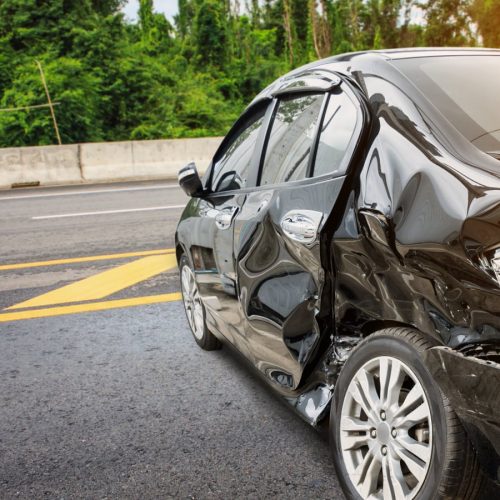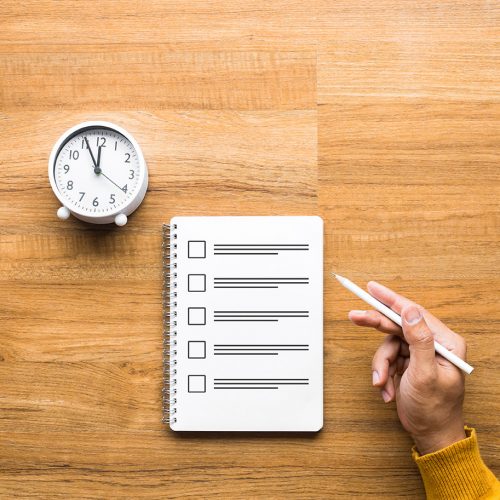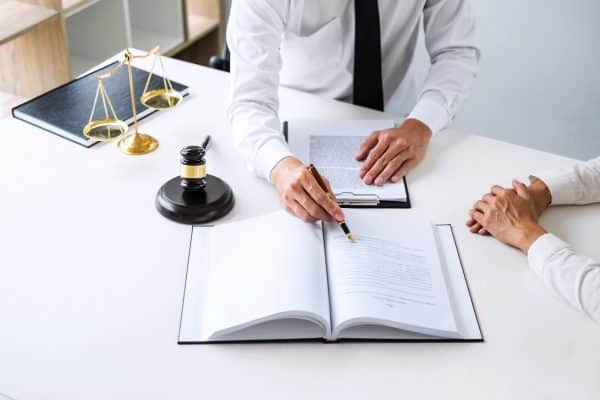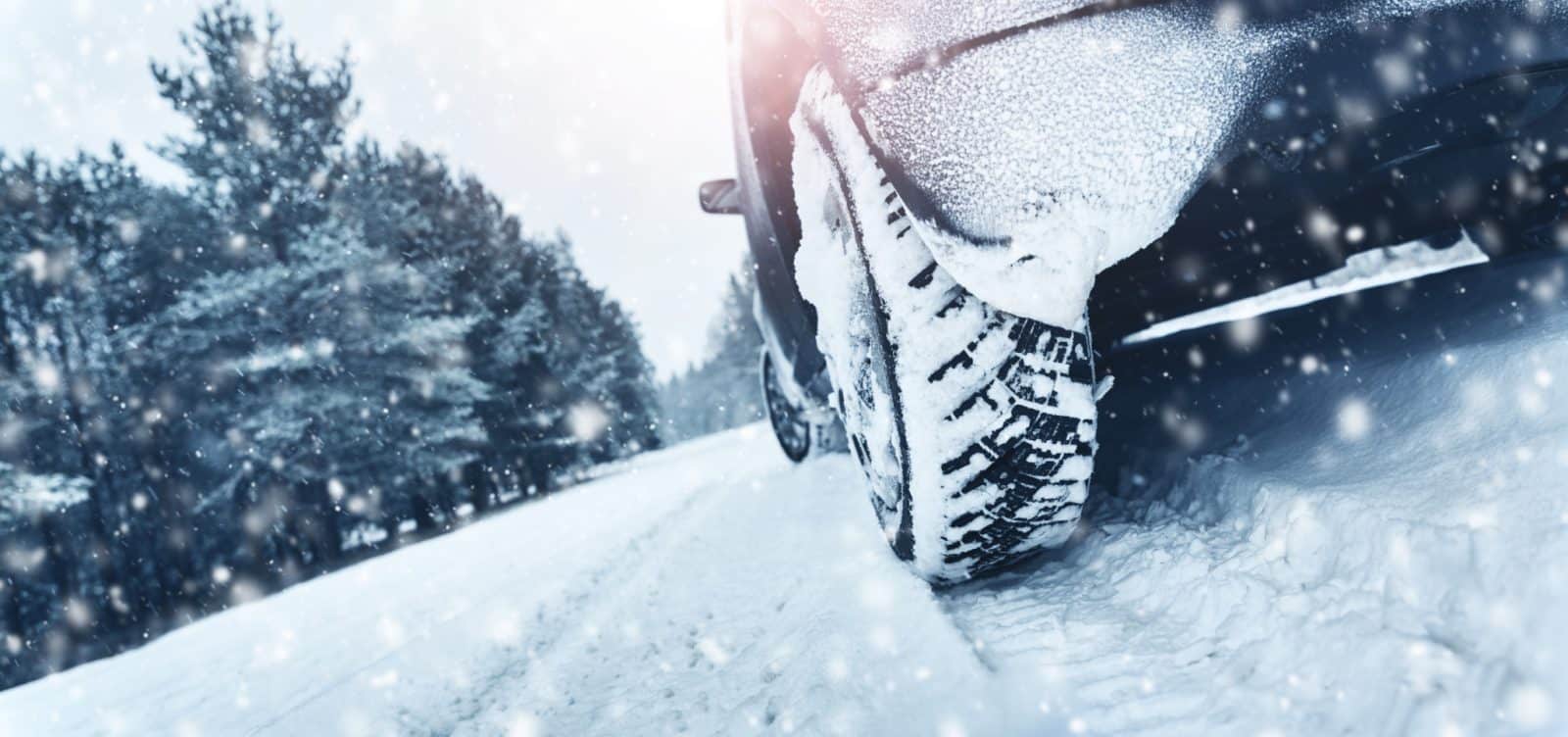
Your Portland, Maine, Car Accident Lawyers Won’t Let Bad Weather Keep You From the Compensation You Deserve
We all know Maine is home to some of the most dangerous weather in the country. With freezing temperatures, rain, sleet, and snow, the roads become a hazard for drivers this time of year.
As the number of car accidents during the winter season increases, it’s important to know your rights in the event you’re hurt in an accident that wasn’t your fault. Our Portland, Maine, car accident lawyers at Lowry & Associates have been representing injured victims and their families here for years and understand the laws surrounding car accident claims.
Two common questions we get are “What happens if my accident happened during bad weather?” and “Do I still have a case?”
Continue reading to learn the top five things you need to know about bad-weather car accidents.
#1. Someone Must Have Acted Negligently
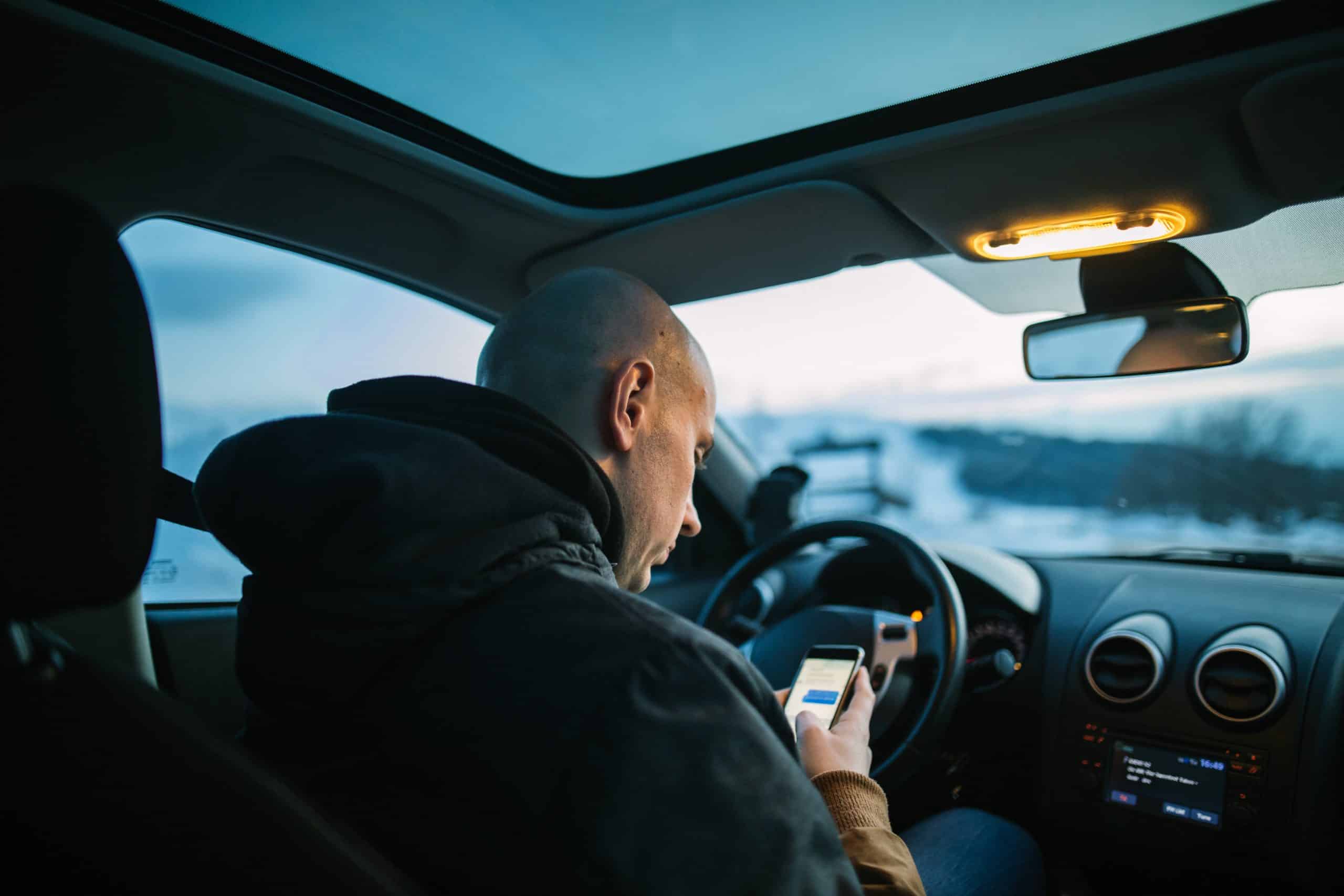
Every driver owes other drivers a “duty of care.” In other words, when you get in the car, you’re responsible for considering the safety of others. This is true whether it’s raining, snowing, or the sun is out.
When the weather is unfavorable, it’s even more important to consider safety. Sadly, not every driver does this. If a person is following too closely or driving too fast in harsh conditions, they’re acting without care or concern for the safety of other drivers. This is considered negligence and they can be held liable in the event that their actions cause someone else to get hurt.
The key with bad-weather accidents is to prove that the other driver breached their duty of care and their negligence caused your accident as opposed to the weather.
#2. Insurance Companies Use Bad Weather as an Excuse
All too often, drivers and their insurance companies use bad weather conditions as an excuse to deny valid claims. With this in mind, it’s vitally important to know how to prove fault. However, determining liability can be easier said than done.
Our Portland, Maine, car accident lawyers help our clients prove fault by reviewing every detail of their claims. While there are many factors that go into determining liability, drivers can be negligent in bad weather by:
- Following too closely
- Driving too fast for conditions
- Aggressive or reckless driving
- Failing to use lights
- Driving while distracted
- Driving with worn tires
#3: Compensation Can Cover Your Damages
Bad-weather accidents can be incredibly devastating for everyone involved. Injured victims are usually dealing with high medical bills and many other expenses after their accidents, so our attorneys are often asked what compensation can cover.
If you were hurt in an accident caused by someone else’s negligence, it’s important to know that you have rights and may be entitled to compensation to help cover losses including but not limited to:
- Medical bills
- Ongoing treatment
- Emotional trauma
- Auto repairs
- Lost wages
#4. When It Really Was the Weather’s Fault
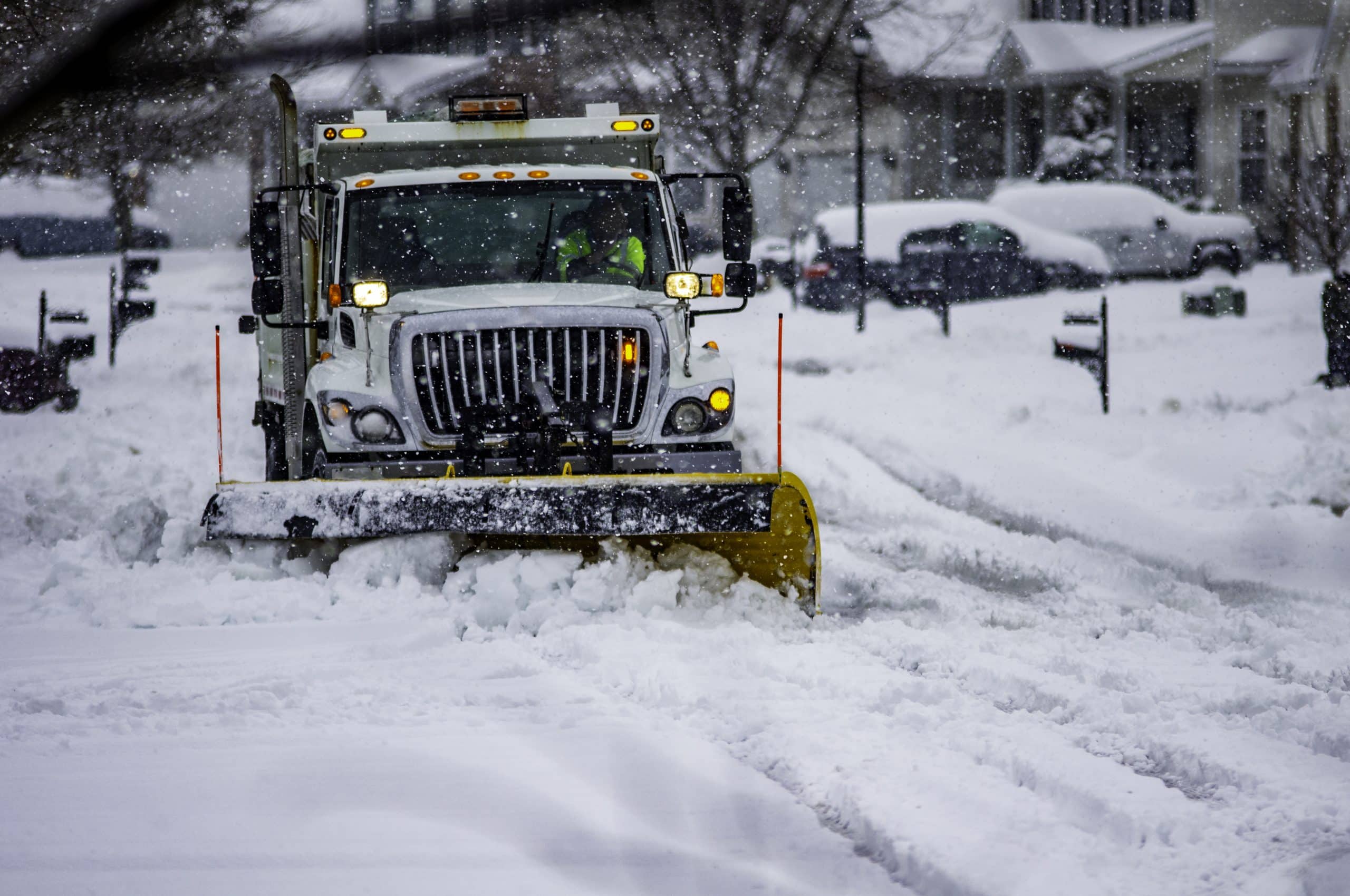
In some cases, the weather really may be at fault for your accident. The other driver may claim it was an “act of God” and, therefore, not have to take responsibility for your losses. However, this can only apply if the weather was extremely unexpected or unusual and the driver absolutely could not avoid the collision.
#5. Our Attorneys Can Handle the Insurance Company
Having a knowledgeable attorney on your side can be extremely beneficial, especially since proving negligence after a bad-weather accident can be so complicated. If you’ve been hurt in a Maine car accident due to someone else’s carelessness but the insurance company is trying to blame the weather, don’t wait to give our car accident lawyers a call. Our experienced team knows how to handle the insurance company and can make the difficult legal process much smoother for you and your family.
Call Lowry & Associates
If you’ve been hurt in a bad-weather accident in Portland or anywhere in the state of Maine, give our car accident lawyers at Lowry & Associates a call today! We offer free consultations and you’ll never owe us anything unless we win your case. You can reach us at 207-775-3819 or by filling out our online case evaluation form.


